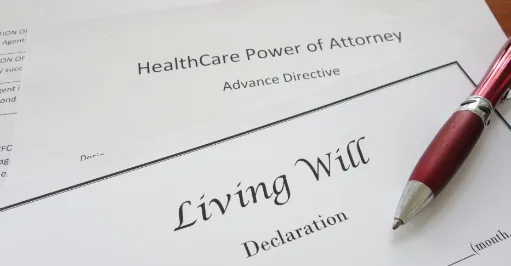1. Choosing your Executor.
Your named executor is responsible for managing your estate’s assets on your death and distributing them according to the terms of your will. The executor’s duties include locating, inventorying, and protecting the assets on your death; paying your debts and taxes; filing estate-related documents with the courts; and distributing the remaining assets to your designated beneficiaries. (See Kipplinger’s article “Seven Tips to Choose the Right Executor“). All executors are expected to act in good faith in carrying out their responsibilities, a legal concept known as “fiduciary duty.”.
Some of the essential factors are actors in choosing your executor to consider are:
1. Trustworthiness: Choose someone you trust to handle your estate responsibly and honestly.
2. Availability: The executor must be available to perform the duties associated with the position.
3. Financial Experience: Choose someone with knowledge of financial matters or a background in the legal field.
4. Reliability: Choosing an organized and reliable person will help ensure your wishes are carried out according to your estate plan.
5. Decision-Making Ability: Executors often face tough decisions, so you should choose someone with good decision-making skills.
6. Relationship: Choosing someone who knows your family and understands the family dynamics can be helpful in difficult situations.
7. Transparency: Your executor should be willing and able to provide updates on the status of your estate and keep all beneficiaries informed.
II. Changing Your Executor:
Yahoo Finance’s recent article entitled “How to Change the Executor of a Will” explains that you may need to choose a new executor in the following situations:
- Your original executor dies or becomes seriously ill and can’t fulfill his or her duties;
- You named your spouse as an executor but you’ve divorced;
- The individual you designated initially as executor decides he or she no longer wants the responsibility;
- You’ve had a personal falling out with your executor; and
- You think another person is better equipped to execute your will.
However, you don’t need to give a specific reason to change the executor of a will. When you’re ready to make a change, you can add a supplement (codicil) to an existing will or draft a new will.
A codicil is a written amendment used to modify the terms of your will without drafting a new one. It can be used to change the executor of a will or revise any other terms as needed.
You must validate the codicil the same way you did your original will, signing and dating the codicil with the same legal formalities required for the original will.
If you’d like to change more than just the executor of your will, you might think about drafting a new will document. The new will would also need to be signed with the same legal formalities required for the original will.
You must also take the added step of destroying all copies of the original will. This is needed to avoid confusion and any possible challenges to the terms of your after you die.
If you don’t name an executor in your will, the surrogate court can assign one. After you die, eligible persons can apply to become the executor of your estate.
Your assets will be distributed by default according to your state’s inheritance laws if you don’t have a will.
Reference: Yahoo Finance (Dec. 28, 2022) “How to Change the Executor of a Will”






